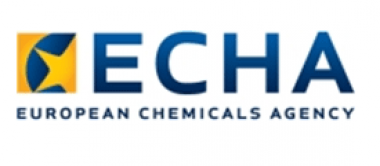ECHA: More than 5 600 comments on PFAS restriction proposal
More than 4 400 organisations, companies and individuals submitted comments and information on the proposal to restrict per- and polyfluoroalkyl substances (PFAS) in the European Economic Area.
At the end of the consultation on 25 September, ECHA had received more than 5 600 comments from more than 4 400 organisations, companies and individuals.
The comments will be checked by ECHA's scientific committees for Risk Assessment (RAC) and Socio-Economic Analysis (SEAC), and those providing relevant evidence-based information will be considered in the opinion making process.
The five countries who prepared the initial proposal will also review the consultation input and may update their initial proposal based on it.
Many comments submitted during the consultation are already published on ECHA’s website. Information indicated as confidential by the consultee is not made public. Comments received very close to the deadline are currently being processed and will be published shortly.
Next steps
RAC and SEAC are evaluating the proposed restriction and considering the relevant information received through the consultation. The committees develop their independent, scientific opinions over a series of meetings, where draft opinions are discussed. Attention is given to all aspects and impacted sectors.
ECHA will deliver the final opinions to the European Commission in the shortest possible timeframe, while ensuring proper scrutiny by the scientific committees. Once the committees adopt their opinions, they will be communicated to the public.
The Commission, together with the EU Member States, will decide on the restriction.
Background
The restriction proposal was prepared by authorities in Denmark, Germany, the Netherlands, Norway and Sweden. It was submitted to ECHA on 13 January 2023. It aims to reduce PFAS emissions into the environment and make products and processes safer for people. The six-month consultation ran from 22 March to 25 September 2023.
Further information
• Consultation comments
• Restriction on the manufacture, placing on the market and use of PFAS
• Topical page on PFAS
• REACH restriction process












